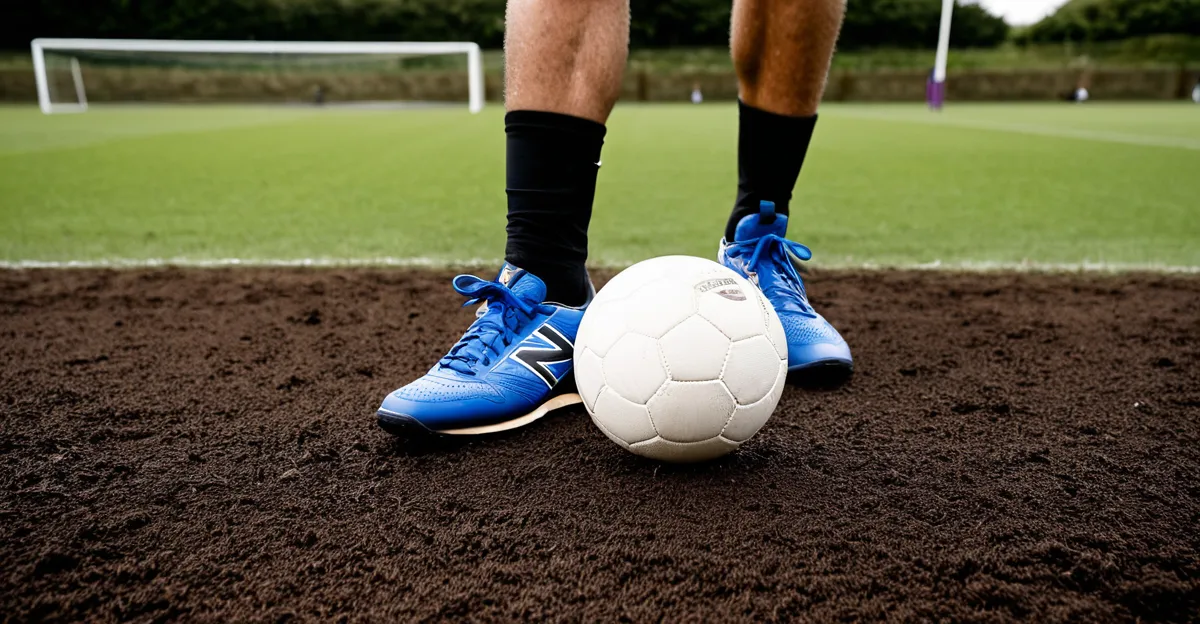Current Challenges Facing Grassroots Sports in the UK
Grassroots sports in the UK face significant challenges that hinder broader community participation. Funding constraints are among the most pressing issues, limiting the ability of local clubs to upgrade equipment, maintain facilities, and run programs. Limited access to sports venues exacerbates these problems, with many communities lacking sufficient or suitably equipped spaces to support regular activity.
A major barrier is also the shortage of qualified coaches and volunteers. Without trained personnel, grassroots initiatives struggle to deliver consistent, quality coaching, which is essential for player development and sustained engagement. Volunteer burnout is common, reducing the workforce needed to manage and grow local clubs effectively.
Have you seen this : How does grassroots sports participation impact UK society?
Furthermore, there are stark socioeconomic and demographic disparities impacting UK sports participation. Lower-income areas often see fewer opportunities for organized sports, while cultural and gender biases can discourage participation from certain groups. These barriers highlight the need for targeted interventions to make grassroots sports more inclusive and accessible across the UK.
Addressing these challenges is vital. Sustainable grassroots sports development depends on overcoming funding shortages, boosting qualified leadership, and tackling inequalities to ensure widespread community engagement.
Have you seen this : What Are the Most Inspiring Comebacks in UK Sports History?
Enhancing Facilities and Accessibility
Improving community sports facilities is essential to address the barriers to community sports and boost UK sports participation. Many grassroots clubs struggle with outdated or insufficient sports infrastructure UK-wide, limiting the scope for regular training and events. Upgrading venues involves not only renovating existing spaces but also ensuring diverse communities have equitable access to facilities that accommodate youth, disabled participants, and other underrepresented groups.
Accessibility improvements can include installing ramps, providing adaptive equipment, and scheduling flexible hours to suit different needs. Inclusive sports provision means creating welcoming spaces that consider physical, cultural, and social factors affecting participation. Moreover, partnerships between schools, local authorities, and sports clubs often prove effective in maximizing facility use and reaching broader demographics.
Prioritizing facility accessibility removes a significant grassroots sports challenge, encouraging wider grassroots participation. Such enhanced infrastructure fosters a community spirit where more individuals feel enabled and motivated to engage in regular physical activity. Addressing location and transport barriers also complements these efforts, ensuring sports opportunities in the UK become truly community-centered and inclusive for all.
Funding and Financial Support Initiatives
Securing stable sports funding UK is crucial to overcoming persistent grassroots sports challenges. Many local clubs face funding constraints that restrict access to equipment, coaching, and facility upgrades. Where do grants for grassroots sports come from? Typically, funding sources include government grants, local councils, and private sponsorships. Each has specific eligibility criteria and application processes designed to distribute financial aid for clubs transparently and fairly.
Innovative methods such as community crowdfunding and partnerships with local businesses also play a key role. Crowdfunding mobilises community support, while business partnerships offer sponsorships or in-kind contributions. Transparent financial management ensures these funds are used effectively, maximizing impact and fostering trust.
Effective allocation of sports funding UK directly addresses barriers to community sports by enabling clubs to invest in resources and coaching. Without such financial support initiatives, grassroots participation risks stagnation, especially in socioeconomically disadvantaged areas. Therefore, combining traditional grants and creative funding sources can strengthen grassroots sports infrastructure and inclusivity, driving broader UK sports participation.
Improving Coaching and Volunteer Development
A critical grassroots sports challenge is the shortage of qualified coaches and volunteers. Sports coaching UK faces pressure as local clubs lack enough trained personnel to deliver consistent, quality training. This gap limits player development and diminishes engagement. Investing in comprehensive community coach training programs helps build skills and confidence, ensuring coaches can support diverse participant needs.
Volunteer support is equally vital. Clubs often rely heavily on unpaid volunteers who face burnout without proper recognition or ongoing development. Creating structured pathways for volunteer recruitment and retention strengthens local networks. Recognition schemes and flexible roles encourage sustained involvement, reducing volunteer turnover.
Local councils and governing bodies play a pivotal role in backing these efforts. By providing funding, training resources, and organisational support, they help establish robust coaching and volunteer ecosystems. This systematic approach enables grassroots sports to thrive, meeting participation demands while enhancing coaching quality. Addressing these barriers to community sports equips clubs to offer expert guidance and cultivate a motivated volunteer base, ultimately improving UK sports participation in lasting, meaningful ways.




